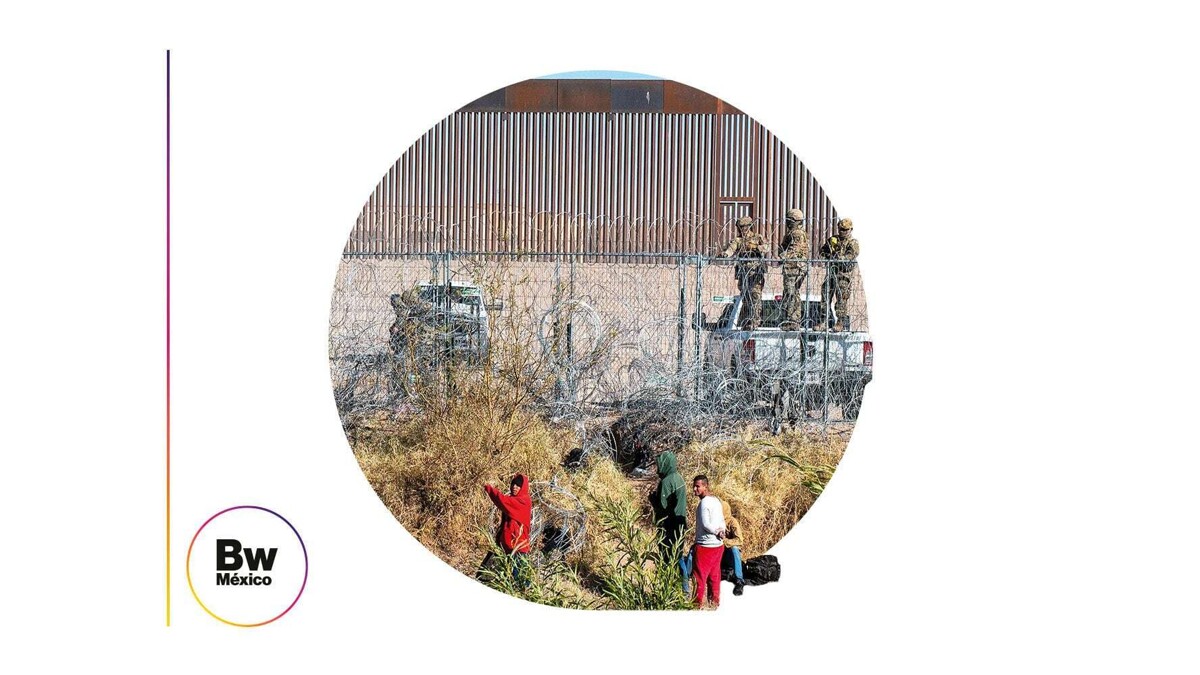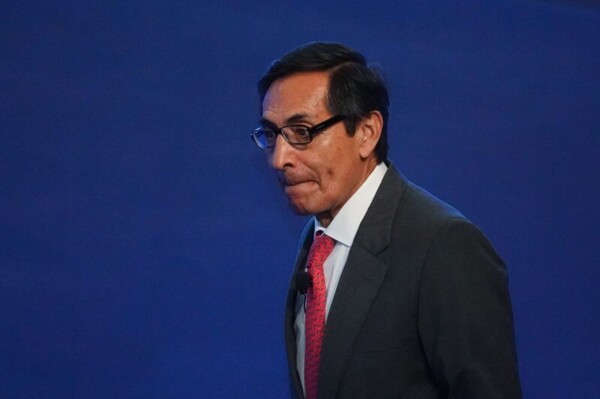
Mexico and the rest of the region face the challenge of adapting to a new political reality, where the way of acting is more relevant than the original intentions. Trump's strategy to reinforce sovereign control resonates with a cold but coherent approach. For Mexico, deportations represent a crossroads, where theatricality can prevail over real effectiveness.
According to specialists, the key is not to attempt to moderate Trump's policies, but to execute them with precision. Foreign policy towards Latin America is shaping up to be pragmatic and binary, proposing alliances based on the premise of "you are with us or with China." The main objective remains to repatriate companies to the U.S., while certain policies are considered essential to curb migratory flows.
In this context, Trump's attention becomes a tool of pressure and demand rather than concession. The call for American investors to suspend investments in the Mexican energy sector reveals the tensions that Mexico faces in this new geopolitical scenario. The arrival of Marco Rubio as Secretary of State and Christopher Landau as Deputy Secretary could mark a shift in the relationship with Latin America.
On immigration issues, Landau advocates controversial positions such as family separation, arguing that they are inevitable in certain cases. The strategy to curb irregular migration could include media raids and dramatic headlines to fulfill Trump's campaign promises. The Latin American region faces a scenario of unequal negotiation with the U.S., forcing it to find ways to participate in Trump's political game. In this sense, strategic patience and selective resistance appear to be indispensable tools for the countries of the region.














